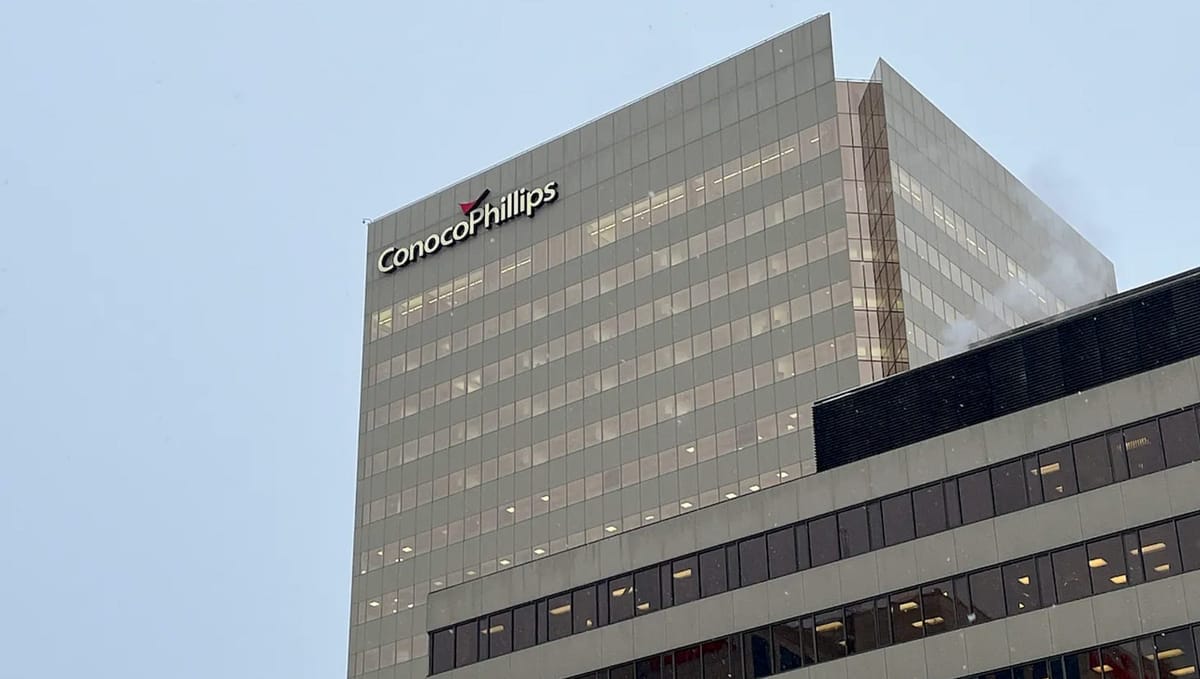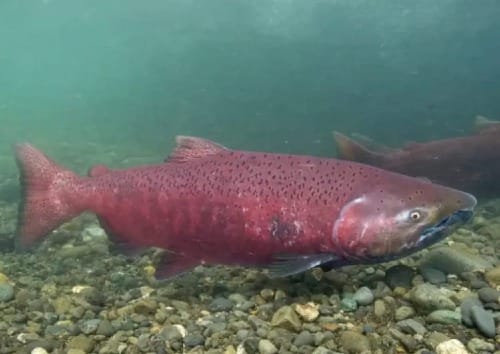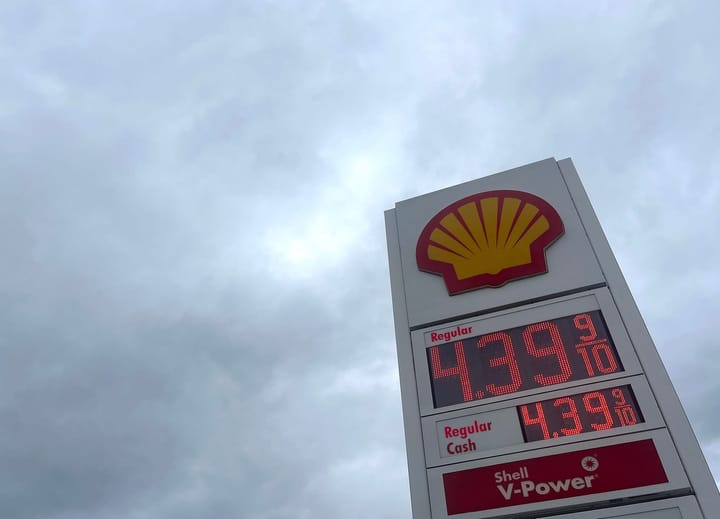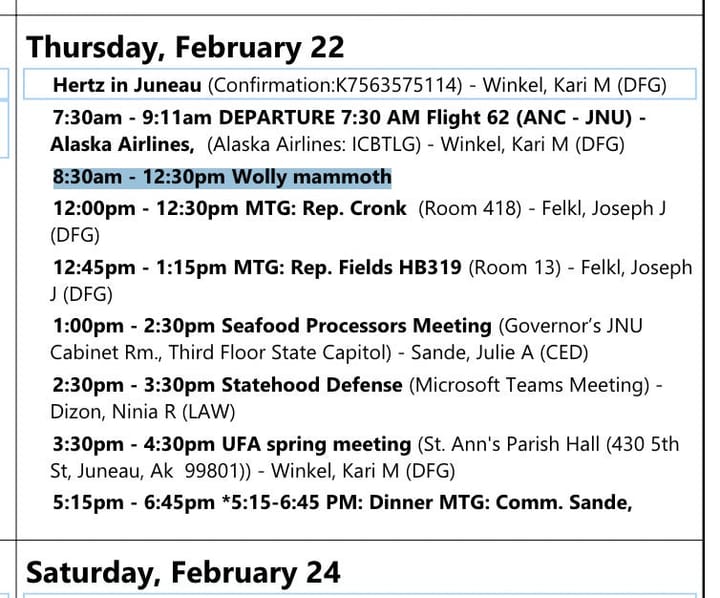Two companies' dispute over access to Alaska's next big oil development is now headed to court
ConocoPhillips has sued Alaska Gov. Mike Dunleavy's administration to block a state-issued permit that grants a competing company access to its new Pikka project, over Conoco-built roads.

ConocoPhillips has sued Alaska Gov. Mike Dunleavy's administration in an effort to block a state-issued permit that provides a competing company access to its major proposed North Slope oil development.
Conoco, represented by attorneys in Anchorage and Pittsburgh, filed its lawsuit Friday, prolonging a fight with the state and Australia-based oil company Santos that's been playing out over more than a year.
Northern Journal is a reader-supported publication. To receive new posts and support my work, consider becoming a free or paid subscriber.
The suit challenges a permit issued in March by the Alaska Department of Natural Resources to Australia-based Santos, whose proposed Pikka project could boost the state's total oil production by 120,000 barrels a day, or some 25%.
Santos, who acquired the project when it merged with Pikka’s previous owner, Oil Search, announced in August that it had made a final decision to invest $2.6 billion in the project.
But to access Pikka, which Santos co-owns with Spanish firm Repsol, the companies must cross roads built by Conoco on land that Conoco has leased from the state for its 40-year-old Kuparuk River field.
Conoco had asked Santos to pay $95 million in exchange for road access, while Santos offered $60 million, according to public documents. When the two companies couldn't agree, Santos applied for a land use permit from the state that would allow it to cross the Kuparuk River roads without paying, until it reaches a compromise with Conoco.
After the natural resources department issued the permit, Conoco appealed the decision to Acting Commissioner Akis Gialopsos, who rejected the request last month. That set up Friday's filing in Anchorage Superior Court.
Read ConocoPhillips’ 12-page filing
Gialopsos, in his written decision last month, said Conoco lacks the authority to "prevent or impede the people of the state of Alaska from realizing the benefits of development on adjacent state lands.”
Conoco, in its Friday filing, said it spends between $10 million and $20 million a year to maintain its Kuparuk River roads, which it's allowed Santos to use for free for its pre-development work.
Conoco, in its filing, called the department's decision to issue the permit "as unprecedented as it is improper," and says it's the one fighting to protect the public's interest in further North Slope oil development.
"No operator will invest in North Slope infrastructure that is eternally at risk of being used by third parties without compensation or even consent," the filing said.
A Conoco spokeswoman, Rebecca Boys, declined to comment. A natural resources department spokeswoman referred questions to the Alaska Department of Law, which also declined to comment.
A Santos official declined to comment.
Robin Brena, a longtime attorney for independent Alaska oil and gas companies, described the unfolding dispute between Conoco, Santos and the Dunleavy administration as a natural result of a legal framework that lacks assurances of open access to new producers.
“This is just one example of what happens when the state does not ensure open access to new producers on commercially reasonable terms and conditions,” he said in a message.
“New producers are often left with having to negotiate access with legacy producers who control adjoining tracts or infrastructure and possess tremendous market power,” he added. “Such negotiations often result in commercially unreasonable terms for new producers and compromise the efficient development of our oil resources.”
Brena said that delays to Alaska projects stemming from legal uncertainties over access are unnecessary and can diminish their value, making companies more inclined to invest in projects outside the state.
Northern Journal is a newsletter written by me, Anchorage journalist Nat Herz. It’s free to subscribe, and stories are also free to Alaska news outlets to republish through a partnership with the Alaska Beacon.
My goal is reaching the broadest possible audience of Alaskans. But if you can afford it, please consider supporting my work with a $100 annual or $10 monthly voluntary paid membership — these are currently my only sources of revenue for this project. Your support allows me to stay independent and untethered to the demands of the day-to-day news cycle. If you’ve already subscribed, thank you.



